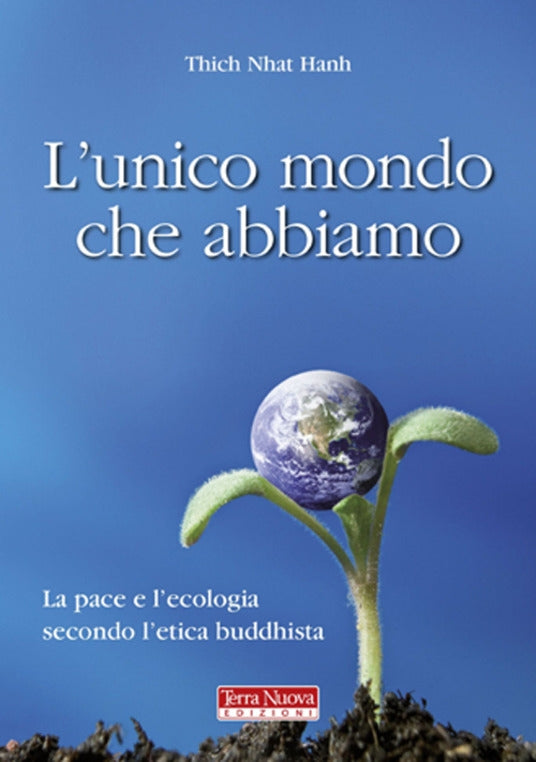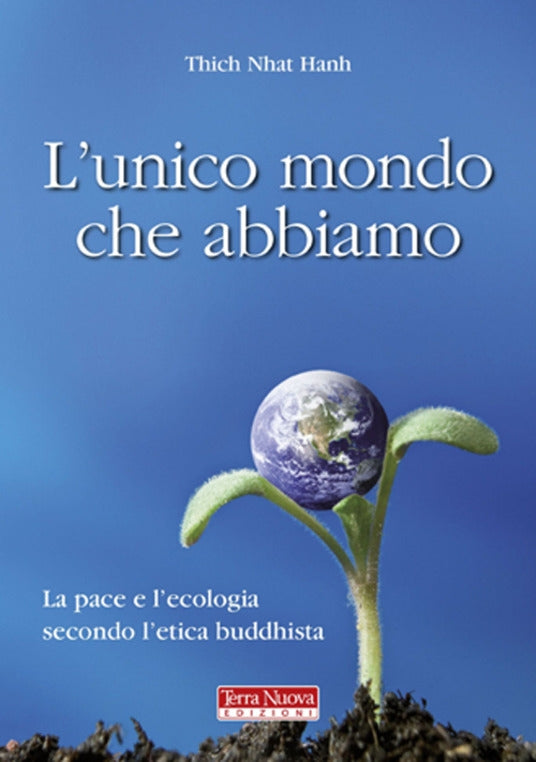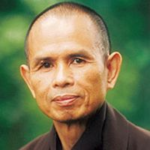Ordained as a monk at the age of 16, he has worked since his youth to ensure that Buddhism brings peace, reconciliation and brotherhood to society.
In 1964, during the war in Vietnam, he gave birth to one of the most significant nonviolent resistance movements of the century, the Small Peace Corps : groups of lay people and monks who went into the countryside to create schools, hospitals and to rebuild villages bombed, suffering attacks from both sides, who considered them allies of their enemy.
In 1967, while he was in the United States, he was nominated for the Nobel Peace Prize by Martin Luther King, who after meeting him took a public position against the war in Vietnam.
Two years later, already forced into exile, he created the Buddhist Peace Delegation, which participated in the Paris peace negotiations.
After signing the agreements he was refused permission to return to his country.
He settled in France, where in 1982 he founded Plum Village, a community of monks and lay people near Bordeaux, where he still lives and teaches the art of living in awareness.
Thousands of people from all over the world participate in his retreats every year.
Only in January 2005, after 39 years of exile, at the official invitation of the Vietnamese government was he able to return to Vietnam for three months, accompanied by a large group of monks and lay people, for a journey of reconciliation and teachings.
His many books have been translated into many languages.
The Italian editions are published by Ubaldini, Mondadori and Neri Pozza.
Considered by many critics as one of Thich Nhat Hanh's most stimulating and provocative books, "The Only World We Have" suggests a raw and dramatic vision of the future of our planet, without however stopping at the sterile denunciation of the state of things. Indeed, the book presents itself as a heartfelt and hopeful appeal, where Thich Nhat Hanh, with his profound and touching language, offers a clear vision of the way forward to emerge from the serious cultural and environmental crisis affecting the entire Earth: engaging actively and personally is the key to collective and individual survival. The richness and uniqueness of this book lies in the great overall vision, which combines environmentalism and inner growth. "Only by combining environmental protection and spiritual practice" suggests Thich Nhat Hanh, master of committed Buddhism, "will it be possible to find the tools for a profound transformation of our lifestyle and of the current cultural and economic model".




